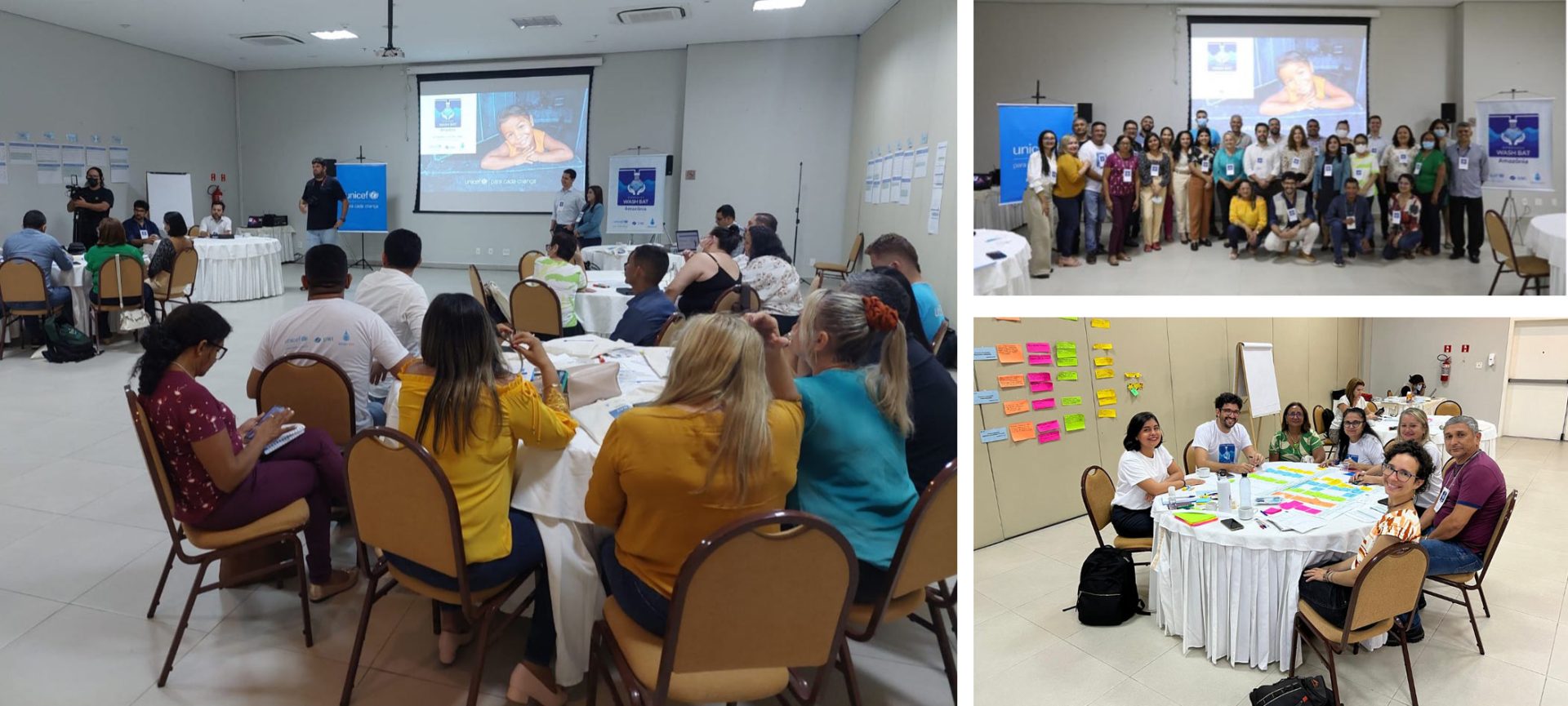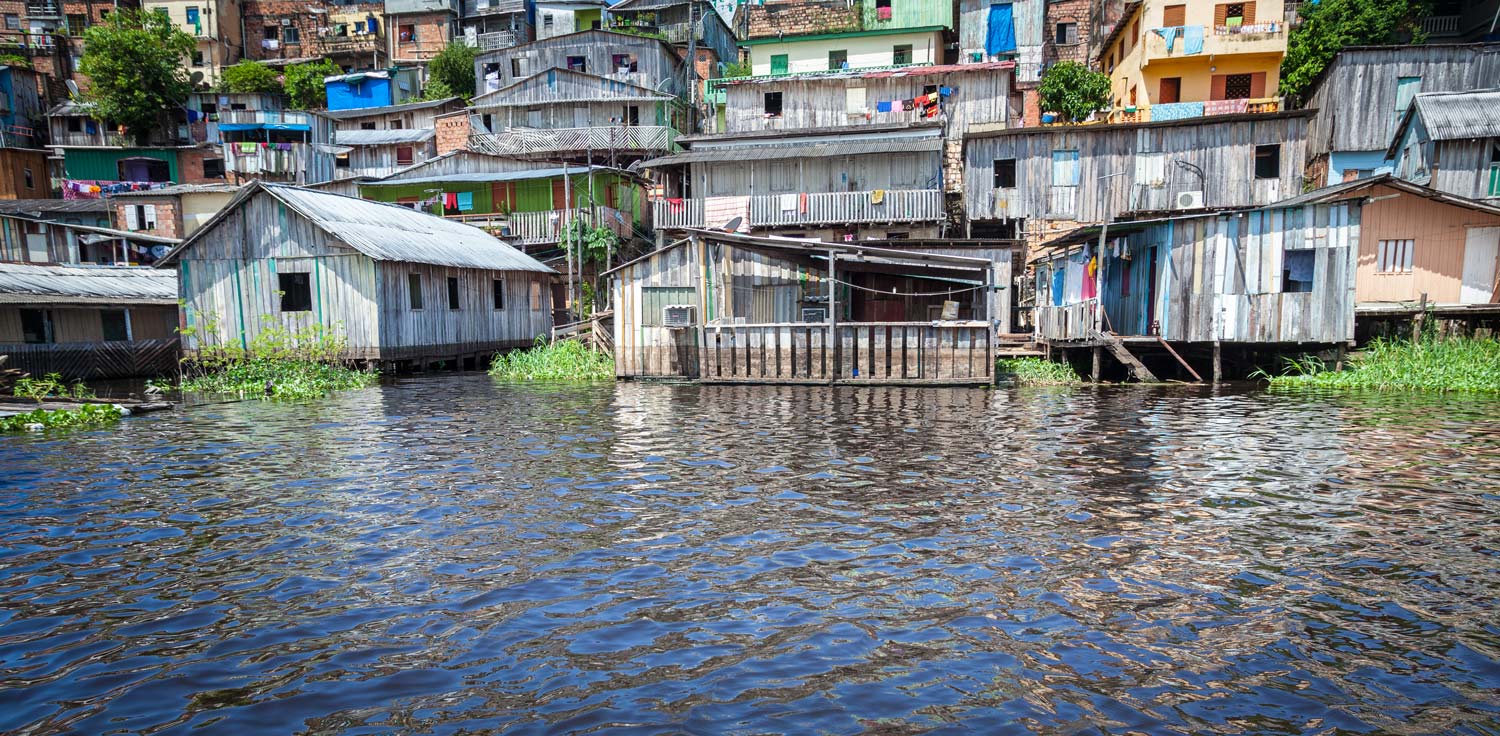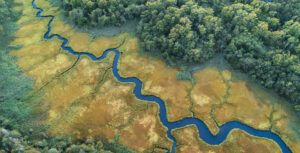Evaluating the status of WASH services in Amazonian schools in Brazil

The WASH BAT was preceded by a three-month process, including five webinars, to assess the climate risks in the area and how they affect WASH provision in schools.
During the workshop, methodologies and diagnostic tools were adapted to the Amazonian context, taking into account the information gathered during the earlier webinars. After three days of intense collaboration, participants identified nine priority areas which are essential to lever the bottlenecks affecting the sector in the region:
- Articulate with authorities the need to strengthen political actions around providing safe water, sanitation, and hygiene services.
- Implement mechanisms for monitoring the execution of the services offered, together with governments at both federal and state levels.
- Enable the municipality’s access to national and international climate change funds, such as the Amazon Fund, the Amazonas Climate Change Fund, the Green Climate Fund, and the Adaptation Fund, among others.
- Prioritize investments in sanitation, whilst considering federal, state, and municipal funding sources.
- Improve the WASH diagnostic and monitoring tool in schools.
- Promote the hiring and capacity building of municipal professionals or civil servants in relevant areas of WASH, through enabling access to the ‘Money Direct to School’ (PDDE) program and other programs specific for water (e.g., PDDE-Water), and ensure better financial management and regulation of the sector.
- Research and map appropriate technological solutions specific to the floodplain and flooding areas, with technical support from the federal and state governments and from teaching and research institutions.
- Develop and revise the Emergency Response Plan, with priority given to floods, droughts, and landslides. Ensure integrated communication between state and municipal departments about implementation of risk management strategies with communities.
- Support the creation and strengthening of the water and sanitation department within the works secretariat of the Careiro da Várzea municipality.
Participants finalized the workshop by signing a declaration where these nine priority areas were stated and summarized.
The partners involved in the development of the plan for Careiro da Várzea at the WASH BAT event were: Careiro da Várzea City Hall, Amazonas Health Surveillance Foundation (FVS), Amazonas Sanitation Company (COSAMA), Amazonia State Council for Water Resources (CERH), State Secretariat for the Environment (SEMA), Municipal Secretariat of Education (Semed), Federal University of Amazonas (Ufam), the service provider Águas de Manaus, National Health Foundation (Funasa), World Vision, Peabiru Institute, Mamirauá Institute and Coordination of Indigenous Organizations of the Brazilian Amazon (Coiab).
For more information on the WASH BAT methodology visit www.washbat.org; and for more information of the 2021-2024 edition of the UNICEF SELO program, visit: www.selounicef.org.br.









